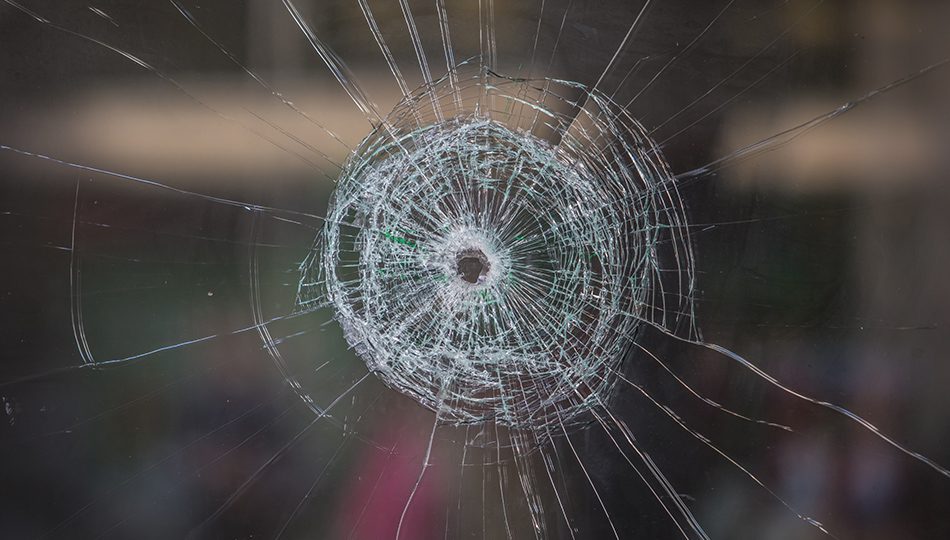
Suppose you have just been involved in a self-defense incident in which you drew your weapon and fired a shot, wounding or maybe even killing your attacker. You will experience a level of stress unlike anything you have ever experienced before. You’re upset, scared, not thinking clearly, panicky, emotional—your adrenaline is flowing at maximum levels throughout your body.
What you do next can make the difference between going to jail and going home?
Take for instance the case of a young Texas man who called 911 last September and reported that he had just killed a man. Armed with just that information, the police arrived on scene and arrested the man, who then tried to claim self-defense. He never mentioned during the 911 call that he was the victim of an attempted sexual assault. Investigators were skeptical of the claim of self-defense now being asserted. The young man is still in jail on a million dollar bail awaiting trial for murder.
Had the young man observed the following the advice, there may have been a different outcome.
The 911 Call
After the threat no longer exists you want to get help, so you grab the phone and dial 911.
Here is what you need to know when you make that call.
- Remember, all calls to a 9-1-1 center are recorded and may be used against you for criminal prosecution or even in a civil lawsuit. Prosecutors will analyze each and every word you say, looking to determine if what you say is credible and supported by the physical evidence gathered by law enforcement at the scene.
- Be brief. All you need to say is that you have been the victim of a crime, give your name and location, and request the police and ambulance. That’s all you have to say.
- Hang up. The operator is trained to keep you on the phone and elicit more information from you till police arrive on the scene. You are under no obligation to stay on the line, so hang up after providing the necessary information discussed above.
Wait for the police to arrive. Make certain you pose no threat to the responding officers since they are not sure at this point what happened and who the bad guy is.
Helpful Advice
Do not discuss the 911 call with anyone. Do not discuss what happened with responding officers or detectives or even your family. When the police arrive, it is important that you affirmatively state that you wish to invoke your right to remain silent AND that you want an attorney present before answering any questions.
Following a recent court decision, it is not enough to simply remain quiet or say you want an attorney. You have to make these two distinct Constitutionally protected rights known.
Some victims think that by telling the officers their side of the story, they will be fine. After all, they think they did nothing wrong and therefore have nothing to hide. But often what happens is that they talk too much, say the wrong thing, and talk themselves into criminal charges being filed against them.
Not at all what they thought would happen.
Remember, the police are there to secure the scene and gather evidence. What you say becomes evidence. What you believe to be an innocent comment may come back to haunt you. Just wait till you can speak to your attorney before saying anything.
Call Your Attorney!
The way to handle the legal aftermath of a self-defense shooting is to have immediate access to an experienced attorney. As a member of Texas and U.S. LawShield’s “Legal Defense for Self-Defense Program,” you have 24/7/365 access to an attorney-answered emergency hotline for immediate help.
When you call the Member Only Emergency Hotline, the answering independent program attorney will provide the guidance needed at that critical time. The attorney knows how to best respond to the questions from the investigators.
You will want to rely on the professional at this point.
Be Prepared – Get Educated
Being prepared for what to do after an incident is just a part of a comprehensive self-defense plan. You also need to know your rights and the laws regarding when you are legally justified in using force or deadly force against someone else before an incident occurs.
The laws are complex and constantly changing. What you may have heard years ago when you sat in you handgun licensing class may no longer be the law. New laws may have been passed, or old laws amended. Often courts will render decisions that will interpret laws and how they are to be enforced.
The best way to be prepared for this ever-changing legal landscape is to attend a gun law seminar sponsored by Texas & U.S. LawShield. Experienced attorneys and law enforcement professionals will present the current state of the law and what you need to know to stay on the right side of the law in an informative manner and answer your questions.
To find an event near you and register, click here.
Your Protection Starts Here!
The information provided in this publication is intended to provide general information to individuals and is not legal advice. The information included in this publication may not be quoted or referred to in any other publication without the prior written consent of U.S. LawShield, to be given or withheld at our discretion. The information is not a substitute for, and does not replace the advice or representation of a licensed attorney. We strive to ensure the information included in this publication is accurate and current, however, no claim is made to the accuracy of the information and we are not responsible for any consequences that may result from the use of information in this publication. The use of this publication does not create an attorney-client relationship between U.S. LawShield, any independent program attorney, and any individual.





Wow, That opened my eyes. Excellent and enlightening.